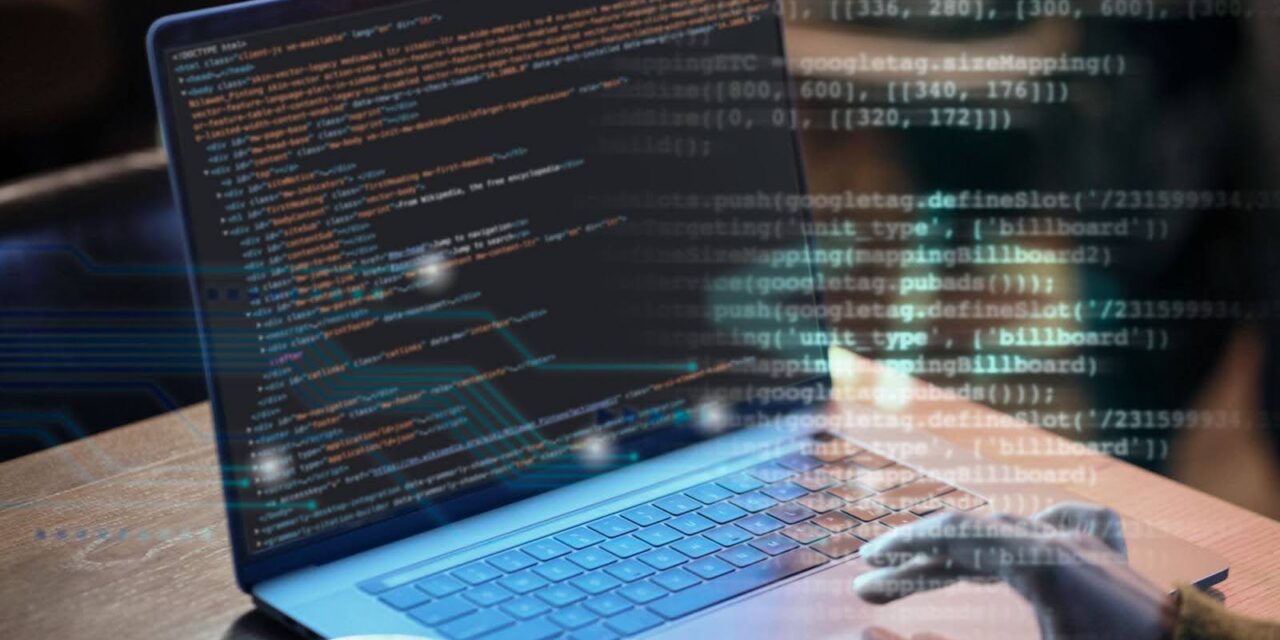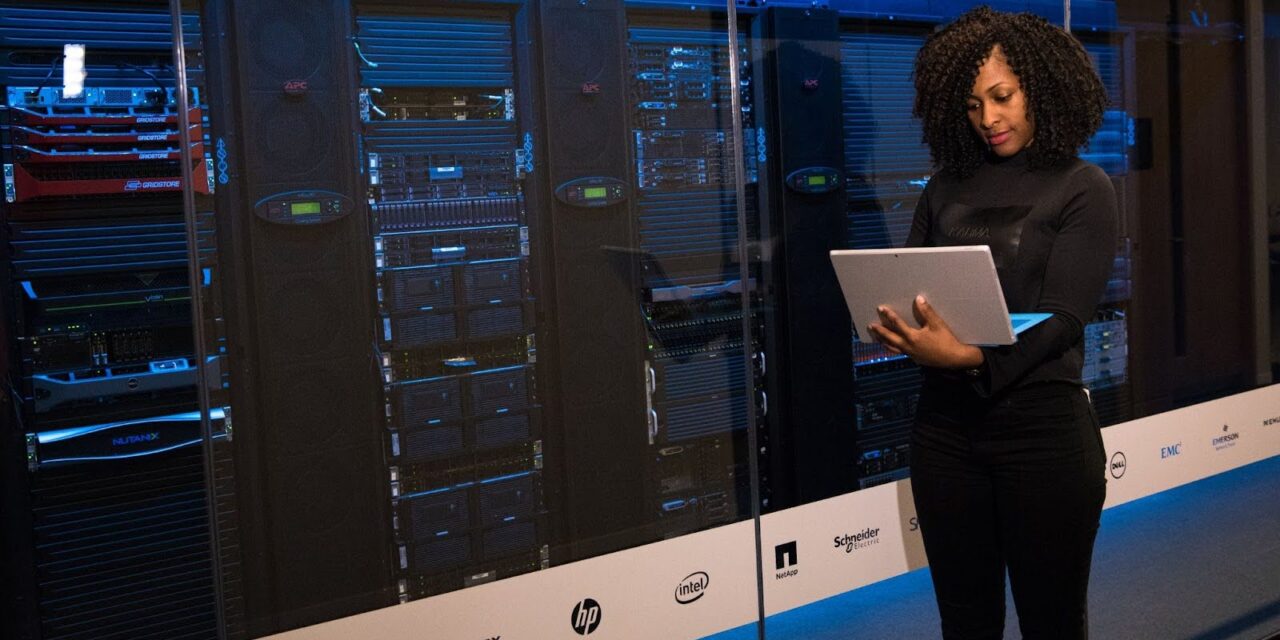Hey there, tech enthusiasts! Let's dive into the captivating realm of .NET Framework, .NET Core, .NET, and the intriguing world of versioning. Buckle up as we untangle the web of confusion surrounding these technologies!
Securing the Automation: RPA Security and Compliance Best Practices
Robotic process automation (RPA) is a powerful technology that streamlines and standardizes many process-oriented tasks. It is gaining traction around the globe and is now widely viewed as a core component of digital transformation initiatives.
Navigating the Cloud Complexity: Protecting Customer Data with AWS
At Founding Minds, we are always committed to staying at the forefront of technology and innovation. Recently, our Technical Lead, Sneha Pillai, and her team embarked on a transformative journey from traditional Dotnet application development to fully cloud-based application development using AWS. The transition was a resounding success, leveraging the power of AWS native cloud tools and services.
RPA and Beyond: Integrating with Other Technologies for Maximum Impact
The way organizations handle their business processes has changed dramatically in recent years with the introduction of Robotic Process Automation, which performs repetitive and rule-based tasks with high efficiency and reduced errors. However, RPA can be integrated with other technologies for a better impact. Hyper automation refers to the integration of multiple automation technologies, including RPA, AI, process mining, and other tools, to automate end-to-end business processes. Here are several technologies that can be integrated with RPA for enhanced effectiveness:
Embracing a Team Smarter Than You: The True Essence of Leadership
Andrew Carnegie once said, "Never be so foolish as not to surround yourself with people who are smarter than you." This sentiment lays the cornerstone for a profound leadership style that focuses on nurturing teams of individuals who surpass the leader's expertise in their respective domains.
Project Success: Best Practices for RPA Project Management
Robotic Process Automation (RPA) technology has become increasingly popular in recent years, thanks to its ability to automate repetitive manual tasks across a range of business functions. RPA implementation, however, can be complex and requires a well-defined project management approach to ensure success.
How AI and ML drives the Fast changing Tech World
The Tech world is undergoing constant changes, and at the heart of these changes lie the remarkable works of Artificial Intelligence (AI) and Machine Learning (ML). Their impact on the rapidly evolving tech landscape is undeniable and unforgettable, as it drives innovations and advancements that were once unimaginable. These powerful technologies are shaping a future where possibilities are endless, making the fast-changing tech world a fascinating realm to explore.
The world is fast changing, with technology leading the way. The use of AI technology in industries is transforming the way we work and live. The benefits of Industrial AI are numerous, from improved productivity to reduced costs and increased accuracy. We will explore the top trends expected to dominate the world of Industrial AI in 2023.
Robotic Process Automation (RPA) is a technology that automates repetitive, manual tasks using software robots, freeing up human employees to focus on higher value tasks.
Myth of Multitasking
Multi-tasking is seen as a must-have skill in today's fast-paced environment. In many cases, it has become a necessity rather than a choice. Increasingly though, it is being realized that human beings are incapable of true multitasking and even when we multitask, it is not productive.











